Dean Otso Huopaniemi: What kind of a community do we want to be in 2028?
The Theatre Academy must proactively prepare for societal challenges and strive to influence them through art and research, Dean Otso Huopaniemi writes. The text has been written as part of the Theatre Academy’s operational planning material for the 2025–2028 funding period.
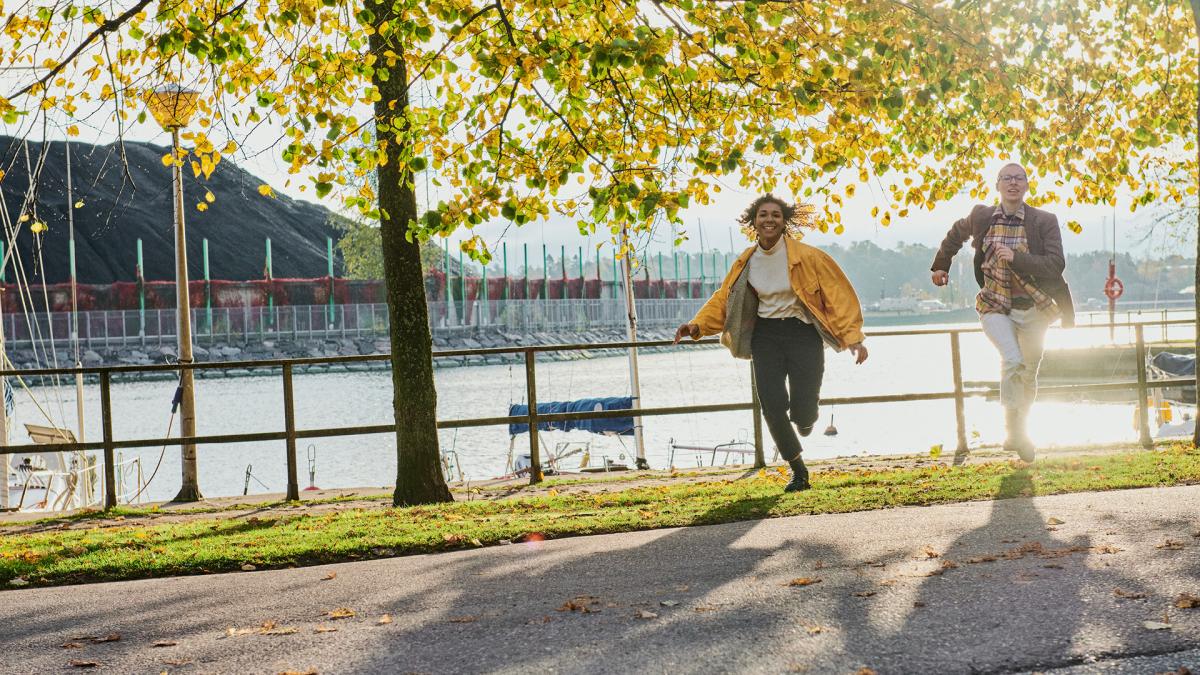
Vision for the Theatre Academy for 2028
The Theatre Academy continues looking to the future while maintaining its sense of history and tradition. This balance is a testament to our profound understanding of how past and future are present in the “now” as reflections and possibilities, which define the kind of activities that we are able to imagine. However, the future is not merely an inevitable continuum; rather, it is built on various analyses and assumptions that are steered by values and shared thought processes. Even though we live as if we know the future, it will always take shape in ways we do not expect. This open-ended and narrative nature of future steers the Theatre Academy’s activities forward and forces us to ensure that the education we offer is both current and culturally rich, one that guarantees students a broad and multidimensional perspective on the fields of performing arts and writing.
The Theatre Academy prepares proactively for societal challenges and upheavals and strives to influence them through art and research. We incorporate current issues into teaching and research, offering students opportunities to reflect on and process them through art and research. Our students increase their practical and theoretical competence to understand and influence the world that surrounds them even outside the traditional arts sector’s sphere. We are aware that the value and impact of art is defined in different ways in different times and that art is sensitive to societal changes, which entail both financial and social effects. While we are defending the intrinsic value of art, we are also aware of the importance of highlighting its various instrumental values in public discussions and decision-making.
Questioning and challenging seemingly self-evident ideas and habits is a central part of the artistic and societal duties of artists, researchers and experts graduating from the Theatre Academy. We equip our students with tools for critical, multifaceted thinking and encourage them to use them to challenge and reshape the practices and theories of art and research. We dare to ask difficult questions even when it does not seem to serve the efficient and smooth handling of matters, and by doing so, we are encouraging our students to address their own questions, challenges and reasons for wonder in their art and in public discussions. We support out students in carrying out their bold ideas and give them basic production skills for acquiring the necessary resources.
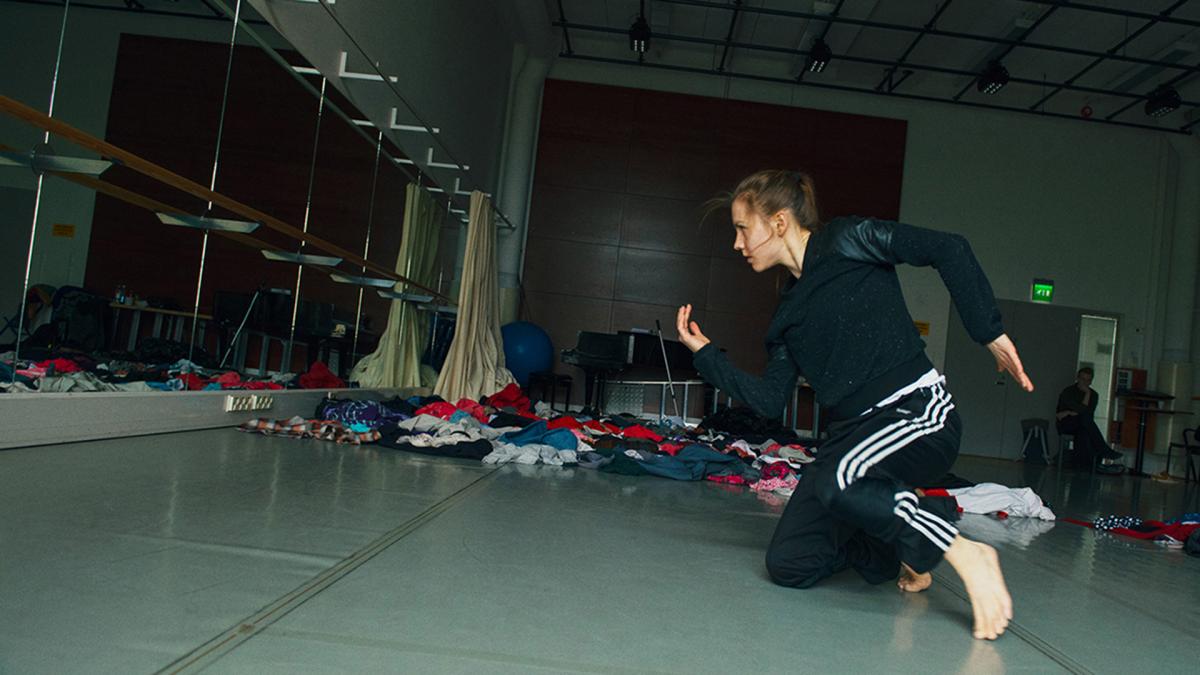
The Theatre Academy is for different kinds of people – people of different sizes, colours, languages, backgrounds, outward appearances, opinions… We view equality and accessibility work as a continuous process that requires concrete measures, internal and external training, the establishing and reinforcing of non-discriminatory practices, the use of external consultants, intervention in harassment situations and discussions between people with many different kinds of perspectives. We promote the diversification of our communities also by examining and reviewing our own processes.
The Theatre Academy has the means to enable individual solutions for both students and staff, despite the varying constraints and operating environments that apply to higher education in the arts. We have the ability to shape and develop our curricula, annual planning and the personal goals of students and staff in a way that allows us to embrace people’s individual needs by maintaining room for manoeuvre within fixed structures. We diversify our students’ studies and the tasks of our staff by utilising external resources and networks, including various multidisciplinary research and development projects, exchange networks as well as pedagogical and technological solutions. At the same time, however, we are trying to change the framework of constraints within which we operate. We will introduce new models, new goals and new directions to the discussion regarding university funding and its mechanisms, for example. We produce knowledge that helps us understand the field-specific challenges of education and research in performing arts and writing.
The Theatre Academy is a place where people have the space and time to immerse themselves in their work. Despite new additions to our selection of study opportunities and the subsequent, even more regulated use of facilities, our students and staff are still sufficiently equipped to focus on creative and administrative processes, research work and the development of their own skills. The Tori courtyard has become a shared event venue for the university and is also used as a performance space, but it still offers plenty of opportunities for various informal interactions, shared meals, remote and in-person meetings as well as discussion events. These provide the necessary counterbalance to the more restricted and confined interaction and work taking place in other facilities.
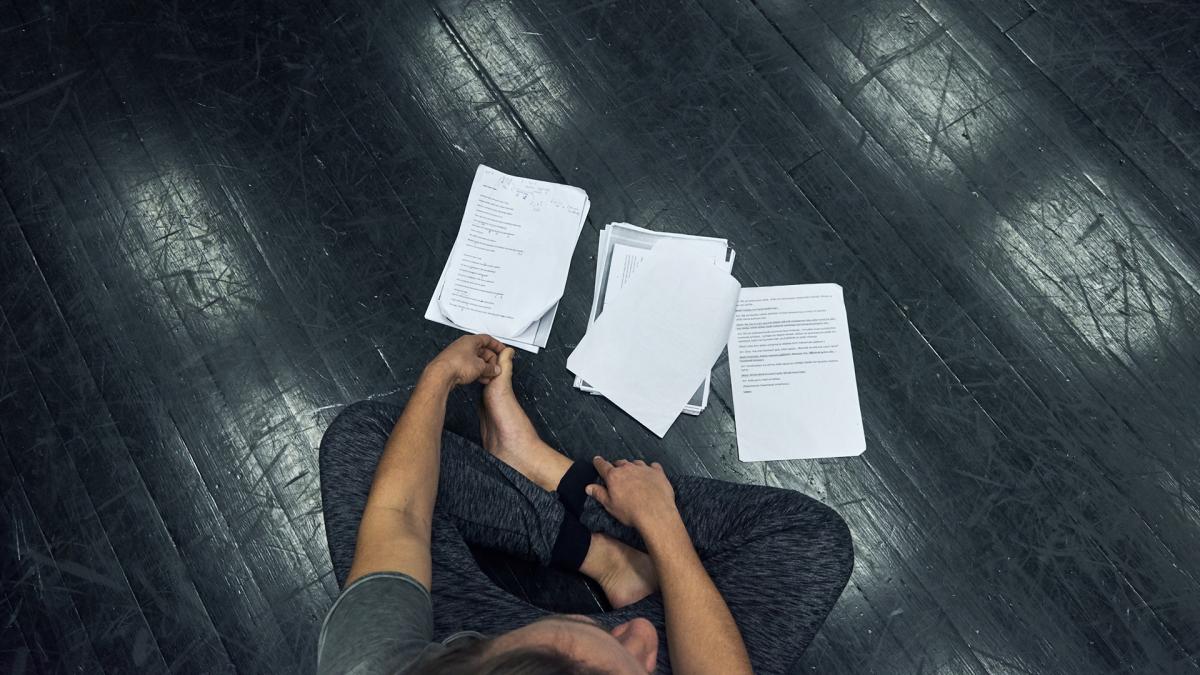
We recognise the Theatre Academy’s position in the field of performing arts and utilise this position by working to improve the operating conditions and impact of the field. We encourage our teachers, researchers and students to be active contributors in the discussions going on in society. The academy’s leadership participates in discussions concerning education and research in performing arts and writing by turning the spotlight on issues that are important to the field, in public contexts as well as in its meetings with stakeholders. We bear the responsibility of our special national status, but we will not let it bog us down, let alone intimidate us. Instead, we will reinforce our thinking as European and international operators, which helps us understand broader perspectives and collaboration opportunities, even within Uniarts Helsinki.
In addition to the many important ethical, social and environmental principles associated with responsible international activities, we also invest in accessibility, wellbeing and inclusion. We listen carefully to our international students’ and staff’s experiences about the academy and then make the necessary improvements so that our pedagogy, facilities, systems and practices enable the safe studies and work of the diverse group of students and staff at our institution. It is not enough for us to simply draw in more and more international students and staff, as we also want to learn to take care of them better and in this way, make it possible for them to integrate into our communities. This learning is a continuous process.
Ecology and economy are part of artistic thinking, but they are not the same thing. They have an impact on how we plan and carry out our projects, choose materials and resources and assess the environmental effects of our productions. Our goal is to discover meaningful solutions that reduce our ecological footprint and optimise the use of our resources, all the while maintaining room for creativity and artistic expression. We strive for balance but also for a positive chain reaction, where the reuse of performance materials generates growth that is less straining on the environment, resulting in new kinds of narratives and models for the future. Refining traditional methods is not enough for us. Artistic work can serve as an example on how activities that respect the environment and the economy can be inspiring and impactful.
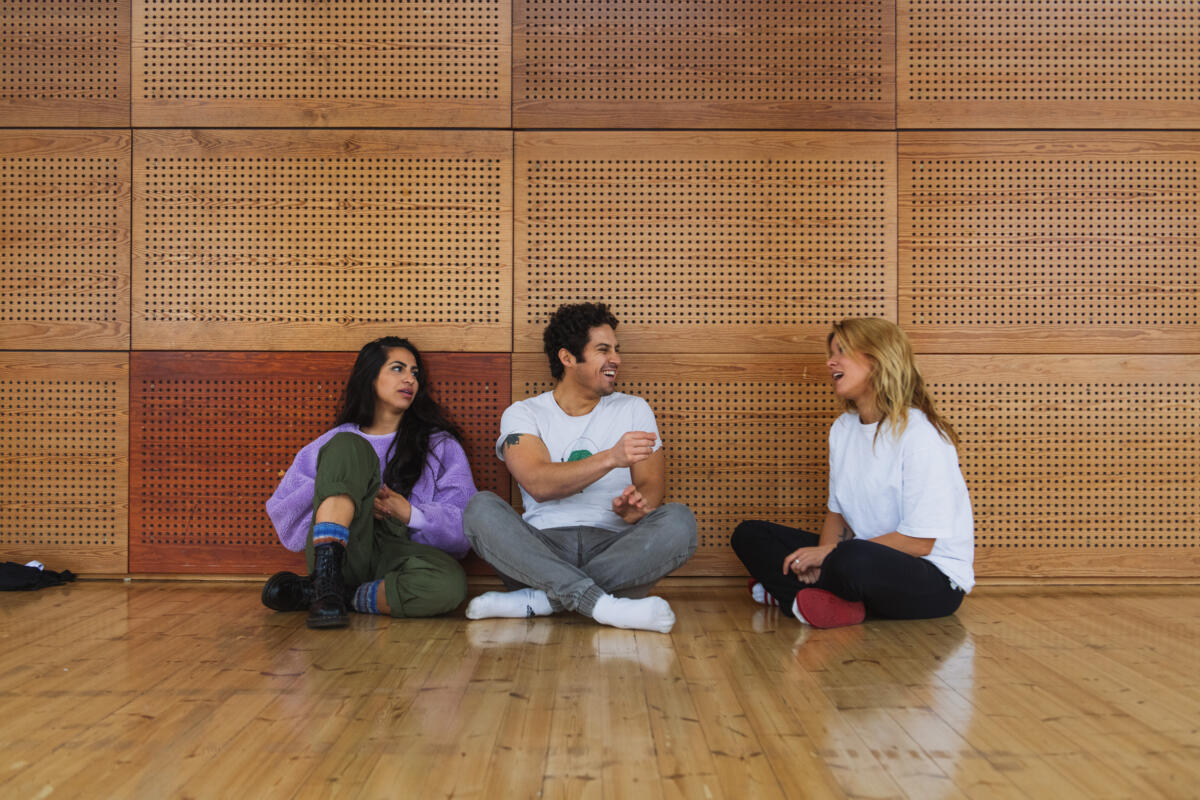
We aim for holistic thinking, which refers to aspects such as artistic expression, pedagogical activities, societal influencing and environmental awareness. What holistic thinking entails is a question of time and place, and understanding it requires our community to engage in constant critical self-reflection. We need to constantly evaluate our values, practices and goals in relation to the world that surrounds us. The question is: are we building a map, a tree or some other model for reflecting on mattters that are nearly impossible to grasp in their entirety? If we want to evolve and meet the ever-changing challenges posed by society in a dynamic and responsible way, we need democratic, open and transparent processes where we take diverse, even conflicting points of view into consideration.
The Theatre Academy strengthens its research activities by building national and international partnerships and by strengthening a research-oriented way of thinking as part of teaching. Doctoral education reform is being planned in connection with Uniarts Helsinki’s doctoral education reform, and our goal is to come up with an effective combination of shared structures and academy-level decision-making. Research is closely linked to artistic activities and societal impact within our degree programmes, and we develop research projects in cooperation with various partners. We aim to expand RDI activities and invest in obtaining competitive external funding, in particular.
The Theatre Academy has a diverse group of teachers who are both artists and artistic and scholarly researchers. We have artist-researchers and researcher-artists, all of whom contribute to the building of our institution. Research is an inseparable and natural part of our core activities; it deepens our understanding of questions related to performing arts and writing and inspires and challenges students and staff to come up with new perspectives and approaches. With this research-oriented approach, we are able to enrich teaching, support creative work and influence the cultural discourse more broadly. Even though many members of the Theatre Academy have overlapping roles and identities, we also have room for people who do not want to be hybrid chameleons and rather define themselves categorically as one or the other.
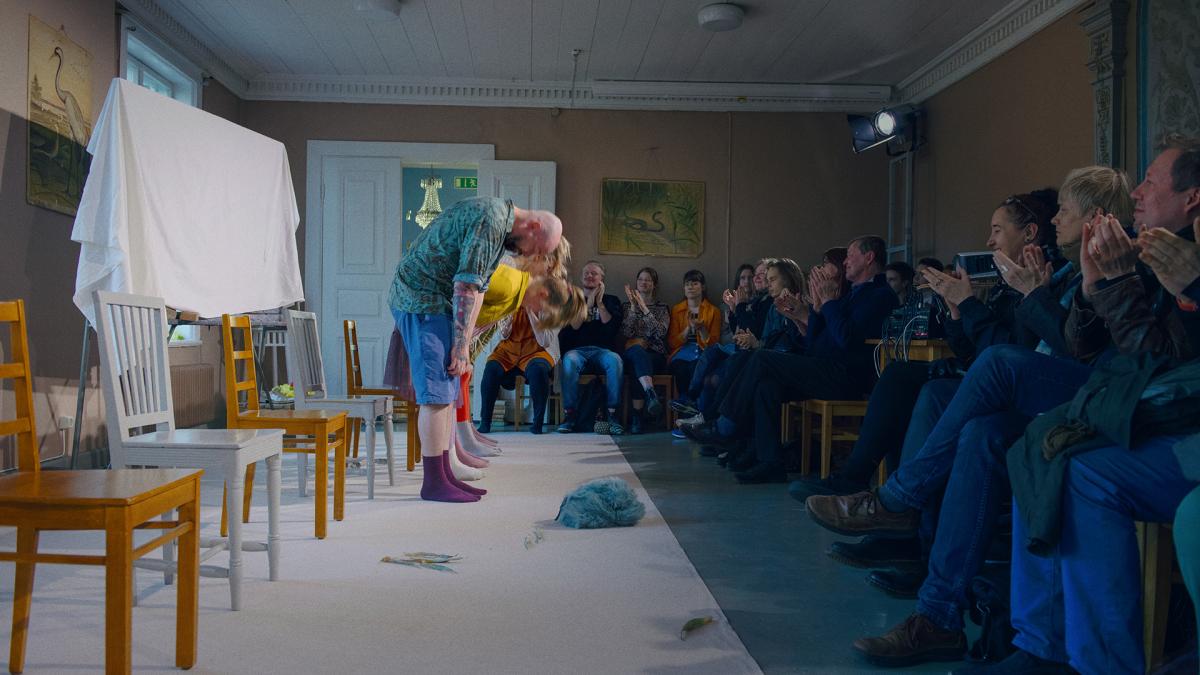
We do not expect too much from digitalisation, and we do not despair because of it, either. Critical, multifaceted thinking about digitalisation guides our actions and helps us take advantage of its opportunities while remaining aware of its limitations and challenges. Digitalisation is a tool, not an end in itself; its effective use requires a balanced and well-calculated approach that supports creativity and human connection, without alienating us from our pedagogical goals and values that guide our actions. Digitalisation or artificial intelligence do not solve problems but offer new possibilities and challenges that we need to address with a critical and creative mindset.
When combined with reflection, the affectivity of our community is an asset. This combination allows us to be guided by emotions and passion, but at the same time, it ensures that our decisions are also based on analytical evaluation and rational reflection. When affectivity and consideration go hand in hand, we will be able to deepen our understanding and create stronger relationships and more sustainable solutions that reflect the values and goals of our communities. It is both students and teachers that study pedagogy at our academy, because learning and growing are continuous processes that we all go through.
The Theatre Academy will have a future that aligns with its identity when the members of our communities, students and staff alike, work together to shape its direction and essence. This future is built on our changing values, visions and goals, and it can be observed through new inventions, creative solutions and a deep commitment to the fields of art and research.
Otso Huopaniemi
Dean of the Uniarts Helsinki’s Theatre Academy